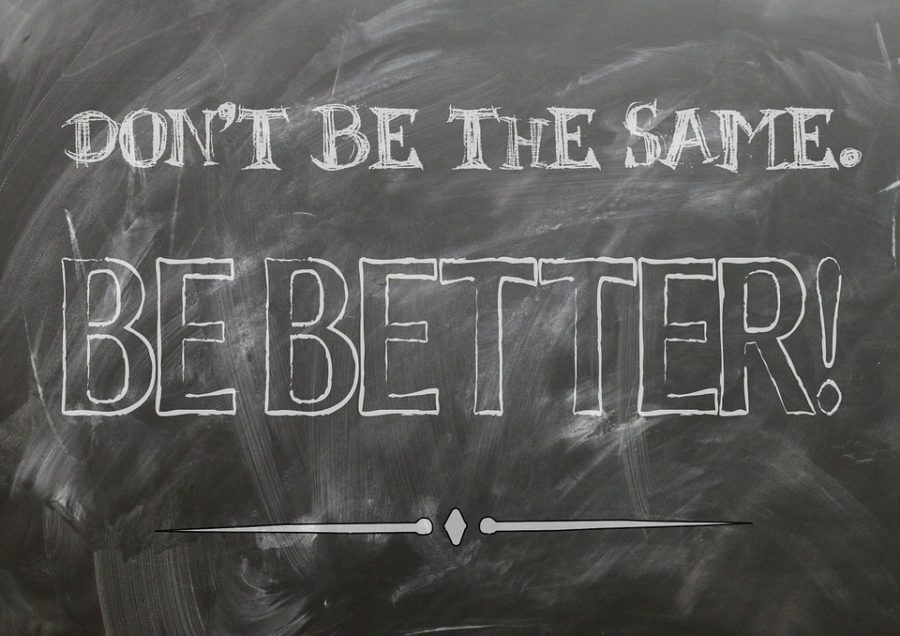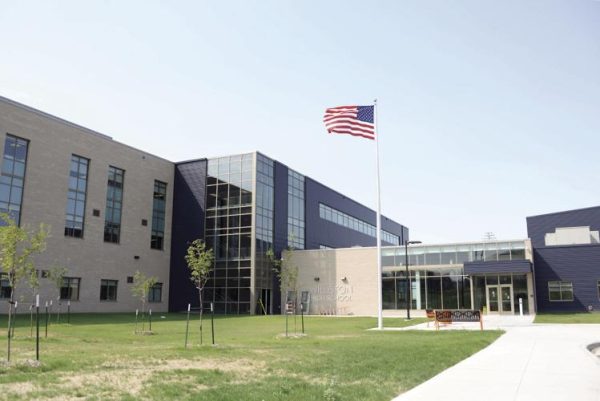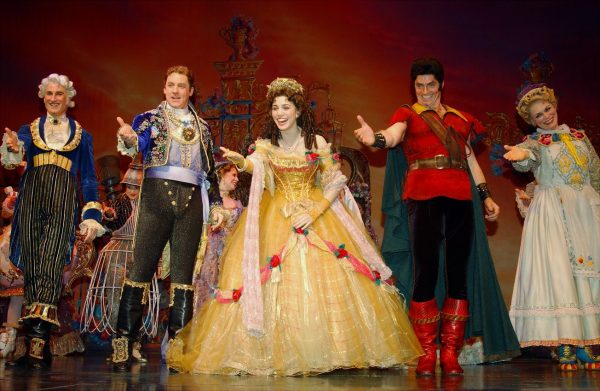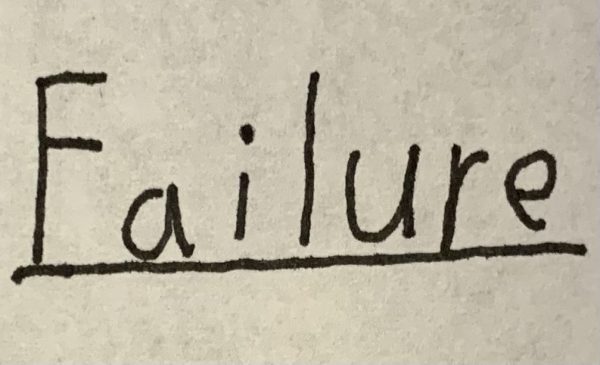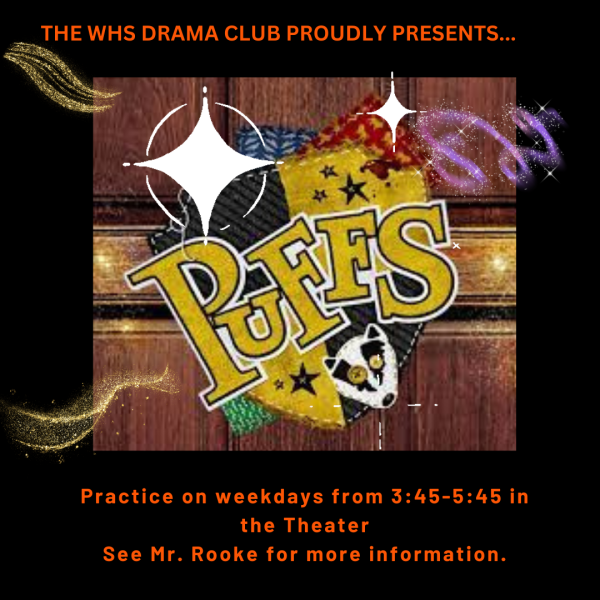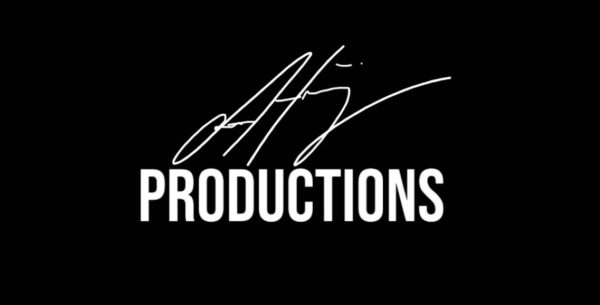It Pays to Praise
March 19, 2018
Have you ever been told by a teacher your work today was better than last weeks work? Or that you’re on the right track? Maybe they said they were proud of you. It probably made you want to work harder, regardless if you were good in the subject.
Studies have shown praising can positively impact students and how much effort they put into their work. Students often seek approval and acceptance from their teachers, indicating what teachers say can have a huge effect on the student. If students believe a teacher does not care about them or their work, the students aren’t going to show interest in the subject nor strive to do their best.
In Alix Spiegel’s article, “Teachers’ Expectations Can Influence How Students Perform,” she focuses on the impact teachers can have on student potentials. Spiegel refers to psychologist Robert Rosenthal’s 1964 study to test how much teachers can really affect students. Rosenthal took a normal IQ test and gave it to a group of elementary students in San Francisco. He told the teachers that it was a special test from Harvard, but little did they know, it had the ability to predict which kids were about to experience a dramatic growth in their IQ (Spiegel). After the students took the test, Rosenthal chose kids at random. He told their teachers that those chosen students were on the verge of an impressive improvement of intelligence; however, there was nothing different nor superior to these students compared to others.
After following the students for the next two years, Rosenthal discovered the teachers’ expectations for the kids actually did affect them. The chosen children did end up having a higher gain of IQ. The teachers would give them more specific feedback, and smile at them more often than other students. These kids were also given more time when answering questions. Rosenthal’s study has shown how teachers really can impact a student’s life.
The same rules apply for when it comes to sports. When coaches are working with their athletes, it’s important to know the balance of constructive criticism and praise. If you don’t believe your athlete can reach their potential, neither will they.
When praising a student, or anyone for that matter, it is important to know what to say. You should try and avoid generic and common compliments, as those won’t have a great effect on them. Avoid saying things such as “good job” and “nice work” and try to strive for something they are working on. “You’re showing great improvement” and, “I think you’ve got it now” shows acknowledgment.
Teacher’s expectations can do more than you think it can. It pays to praise.
References
Spiegel, Alix. “Teachers’ Expectations Can Influence How Students Perform.” NPR.org. 17 Sep. 2012. Retrieved from https://www.npr.org/sections/health-shots/2012/09/18/161159263/teachers-expectations-can-influence how-students-perform.


